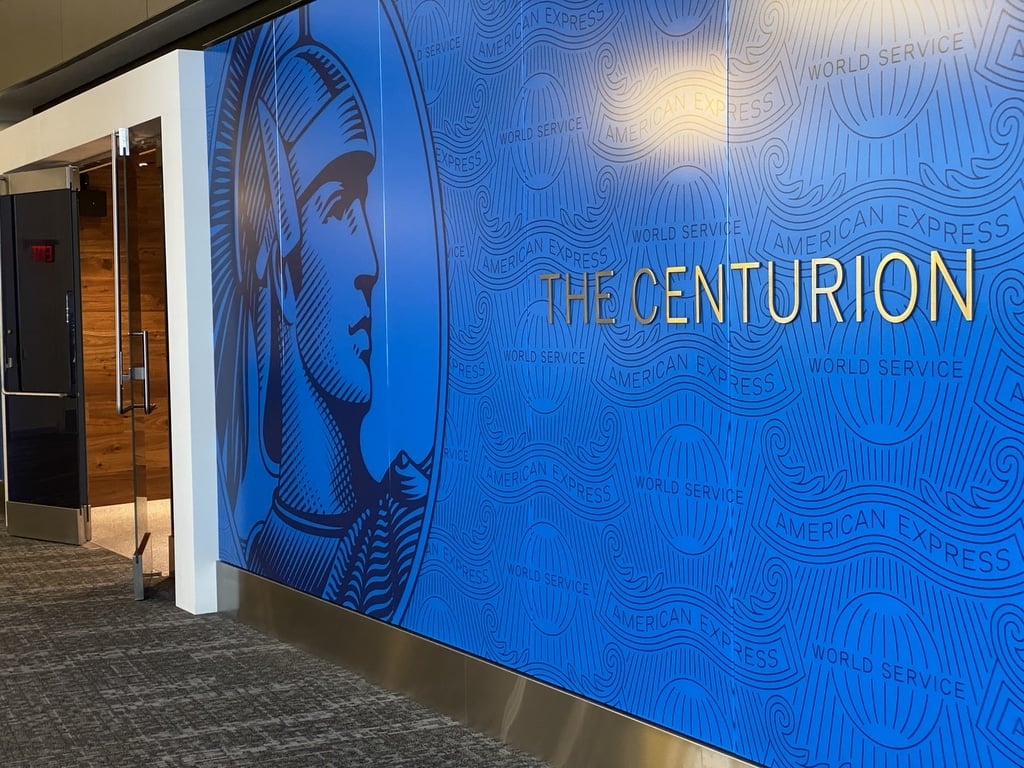This post contains references to products from one or more of our advertisers. We may receive compensation when you click on links to those products. For an explanation of our Advertising Disclosure, visit this page.
The J.P. Morgan Reserve Card is one of the most exclusive credit cards you can get. In fact, the only way to apply for this card is to get an invitation from J.P. Morgan. In this review, you’ll learn what it takes to get this card and if it’s worth the prestige.
How to Get the J.P. Morgan Reserve Card
There is one key requirement to receive your invitation for the J.P. Morgan Reserve Card. You must have at least $10 million in assets with J.P. Morgan Private Bank.
If you can clear this hurdle, you can receive an invitation for the J.P. Morgan Reserve Card. Other banks might offer their invite-only cards to customers with high monthly spending power. That’s not exactly the case here.
J.P. Morgan Credit Card Benefits
You will quickly see that the J.P. Morgan Reserve Card benefits are quite similar to the Chase Sapphire Reserve® benefits and perks. Both cards are also Visa Infinite products.
- $300 annual travel credit
- Priority Pass airport lounge access
- United Club lounge membership
- Global Entry or TSA PreCheck application fee credit
- 50% redemption bonus on award travel
- 1:1 point transfers to airline and hotel partners
You will also have a one-time 50,000 Chase Ultimate Rewards signup bonus after spending $4,000 in the first 3 months. This bonus is worth $750 in award travel booked through the Chase travel portal. A potentially better option is transferring your points on a 1:1 basis to the Chase Ultimate Rewards airline and hotel transfer partners.
This card does have a $450 annual fee but no foreign transaction fee.
Travel Protection Benefits
You will also enjoy a suite of travel protection benefits that can save you money when your travel plans go bust.
- Trip cancellation/interruption insurance. Up to $10,000 per person ($20,000 per trip) for nonrefundable travel expenses.
- Primary rental car coverage. Up to $75,000 coverage for rental car collision and theft damage.
- Baggage delay insurance. Up to $100 per for 5 days when luggage delayed at least 6 hours.
- Lost luggage reimbursement. Up to $3,000 per passenger for damaged or lost luggage.
- Trip delay reimbursement. Up to $500 per ticket when travel delayed at least 6 hours or an overnight stay is required.
- Emergency roadside assistance. Free roadside service up to 4 times a year.
Palladium Card
The J.P. Morgan Reserve Card is made of palladium (which currently costs around $1,400 an ounce). It’s also one of the heaviest and best metal credit cards, approximately weighing 27 grams.
As a comparison, the Chase Sapphire Reserve only weighs 13 grams and is made from a different metal.
The more costly metal is one reason why the J.P. Morgan Reserve has a higher annual fee than the Sapphire Reserve.
Redeeming Points for Travel
Like the Chase Sapphire cards, which are also some of the best rewards credit cards, the J.P. Morgan Reserve earns Chase Ultimate Rewards points. These points are redeemable for award travel, cash back, gift cards, and Amazon.com shopping points. Your points are always worth at least 1 cent each when redeemed for non-travel rewards. However, they are most valuable when redeemed for award travel.
Your two travel redemption options are booking award travel through Chase or 1:1 point transfers.
50% Travel Redemption Bonus
The first option is booking award travel using the Chase Ultimate Rewards portal. Whether you book flights, hotel nights, rental cars, or anything other award travel option, each point is always worth 1.5 cents each. This means your points are worth 50% more than the average credit card point, regardless of the bank.
Redeeming 50,000 points through Chase means you can book $750 in award travel but only $500 in cash statement credits thanks to the 50% bonus.
This is usually a better option for booking economy-class flights, hotel nights, and rental cars.
1:1 Point Transfers
A second and usually more valuable option is 1:1 point transfers to airline and hotel partners. This is a better option when your points can be worth more than 1.5 cents each. Transferring your points to airlines is almost always the best way to find at least 1.5 cents from each point. First-class and business class seats let you find the most value as points can easily be worth between 2 and 8 cents, depending on the airline and route.
One example is flying business class from Newark to Rome on United. Paying cash for a one-way ticket costs $8,000 or the award ticket costs 70,000 points plus $19.80. This redemption is one of the best options because each point is worth approximately 11 cents each.
You can transfer your points on a 1:1 basis in 1,000-point increments. Most transfers happen instantly.
Airline Partners
- Air Lingus
- Air Canada
- British Airways
- Emirates
- Flying Blue
- Iberia
- JetBlue
- Singapore Airlines
- Southwest Airlines
- United
- Virgin Atlantic
Hotel Partners
- IHG Rewards Club
- Marriott Bonvoy
- World of Hyatt
J.P. Morgan Reserve Card vs Chase Sapphire Reserve
If you’re not a decamillionaire (yet), do not despair. Your next best alternative is the Chase Sapphire Reserve®.
Besides the annual fee and what type of metal the card is made of, these cards have identical rewards and benefits. Although you don’t get a flashy palladium metal credit card or United Club membership, you still get a metal credit card and your annual fee is only $550.
Having a high income can also improve your approval odds and help you get a higher credit limit.
J.P. Morgan Reserve Card vs Centurion Card
Another top contender to the J.P. Morgan Reserve Card is the American Express Centurion Card. The Centurion Card (sometimes called the Black Card) is also invite-only, although it can be easier than the Reserve Card.
Summary
The J.P. Morgan Reserve Credit Card has similar benefits to the Chase Sapphire Reserve. However, this card will turn heads as it’s made of palladium. It’s also one of the hardest credit cards to get which also says something if you get an invitation.
For rates and fees of The Centurion® Card from American Express, please click here.








This card also comes with a United Club membership
That’s great to hear. It’s another reason to try and get this card before the Sapphire Reserve if you can.
Annual fee is not $595, it is $450 just like the Sapphire Reserve. United Club membership is also included. Chase Private Client and $200k have nothing to do with the J.P. Morgan Private Bank requirement.
Has the United club pass been discontinued for the JP Morgan reserve card?
I don’t believe so.
There is a header that states Palladium Card and should be J.P. Morgan Reserve. Also states annual fee is higher due to the metal but it’s the actually same fee as the Sapphire Reserve. The card is made of solid brass and may have a trace amount of Palladium in the plating. It also has no cash advance fee, doesn’t report to the credit bureaus and lets you go 3-4x over your credit limit without a declined charge. You get direct access to the Executive Line customer service desk.
What would be an example of using cash advance over debit since there is no fees? I assume no points for a cash advance?
The Palladium card benefit mentioned free complimentary business class ticket with British airways if you purchase 1 business or first class ticket. Also a complimentary upgrade from business to first class. Did this carry over to the reserve card? Has anyone attempted to call and ask British Airways?